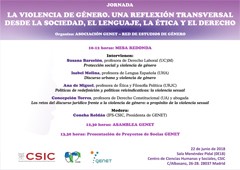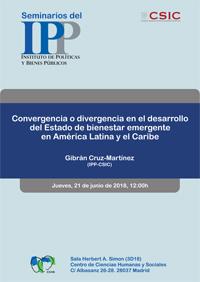Zhang, L., Sun, B., Chinchilla-Rodríguez, Z., Chen, L., & Huang, Y. (2018). Interdisciplinarity and collaboration: On the relationship between disciplinary diversity in references and departmental affiliations. Scientometrics 117(1): 271-291.
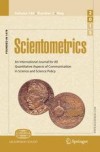
Abstract. This study explores the characteristics of scientific activity patterns through co-author affiliations to obtain new insights into interdisciplinary research. To classify the interdisciplinarity in research, we explored and compared two different approaches: the diversity of disciplines reflected in the listed affiliations of the authors and the diversity of the subject categories reflected in the reference list.




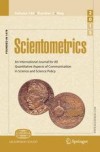
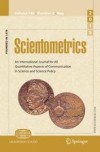
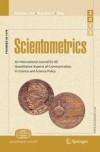
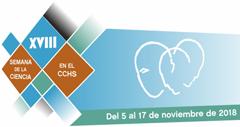
 Dirigido a: Público general.
Dirigido a: Público general.